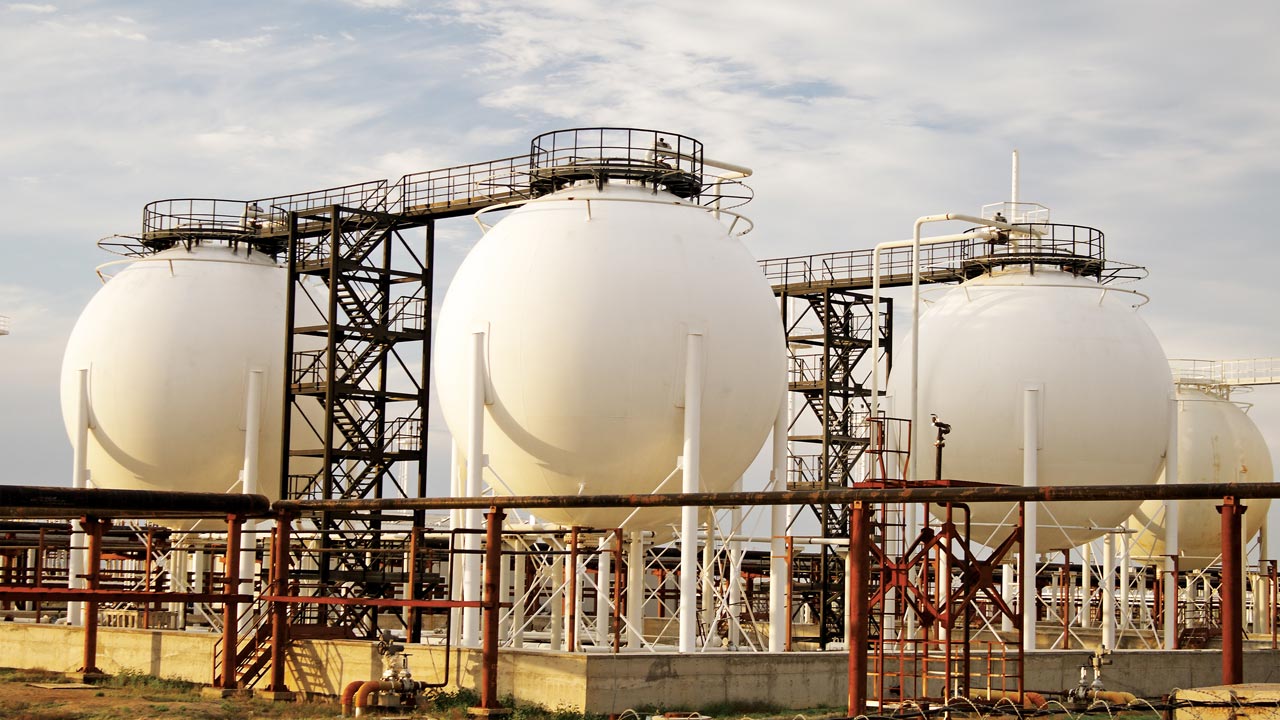- Gas Production to Grow Faster Than Oil by 2022
Gas production will grow faster than oil and coal over the next five years, helped by low prices, ample supply, and its role in reducing air pollution and other emissions, according to a new analysis and forecasts to 2022 by the International Energy Agency (IEA).
In its new five-year forecast to 2022, gas demand is expected to grow at 1.6 per cent yearly, a slight upward revision from last year’s forecast of 1.5 per cent.
IEA said that this means that yearly gas consumption almost reaches 4,000 billion cubic metres (bcm) by 2022, from around 3,630 bcm in 2016.
It noted that Egypt, Algeria, and Nigeria are the main countries pushing consumption higher, even though lower hydrocarbon revenues and economic growth hold back demand in some resource-rich parts of the continent.
EIA said in Nigeria, Africa’s biggest economy, militant attacks on gas facilities, the absence of political reforms, and a lack of investment have led to structural gas shortages.
According to the agency, the reduction in gas-fired power generation by 50 per cent from recent average levels has deprived millions of electricity power and hurt the economy.
“Growth is relatively strong in the power sector, where there are opportunities to substitute gas for oil, as well as in the industry sector as the region’s economies grow and diversify. Consumption in Africa rises even more quickly, at 3.1 per cent per year, to reach more than 150bcm.
“Oversupplied markets will also keep pressure on prices and discourage new upstream investment in gas production and LNG liquefaction capacity. At the same time, market reforms in places like Egypt, Brazil, Argentina, and Mexico have the potential to bring new investments and technologies to unlock vast domestic resources, creating new prospects for the gas industry,” it added.
It stated that the demand in the main gas-consuming sector – power generation, continues to expand, but at a much more modest rate of less than one per cent annually. In many mature markets, the rapid increase in power generation from renewables, combined with modest growth in electricity demand, limits opportunities for thermal generation. In many emerging markets that rely on imported gas, especially those without a price on carbon or strict regulations on air pollution, gas faces very strong competition from coal.
Meanwhile, the Minister of State for Petroleum Resources, Ibe Kachikwu, said recently at an event in Lagos that the country can leverage on its enormous gas resource and position it as Africa’s hub for petrochemicals.
This, he said, will have a massive impact on the nation’s economy and Gross Domestic Product.
Kachikwu stated that Nigeria has witnessed an increase in proven national Gas Reserve from 188 trillion cubic feet (tcf) in 2015 to 192 Tcf in 2016. “This can be ramped up if we focus on growing our reserve through active exploration,” he added

 Billionaire Watch3 weeks ago
Billionaire Watch3 weeks ago
 Startups4 weeks ago
Startups4 weeks ago
 News4 weeks ago
News4 weeks ago
 News4 weeks ago
News4 weeks ago
 Bitcoin4 weeks ago
Bitcoin4 weeks ago
 Naira4 weeks ago
Naira4 weeks ago
 Forex3 weeks ago
Forex3 weeks ago
 Treasury Bills4 weeks ago
Treasury Bills4 weeks ago

























